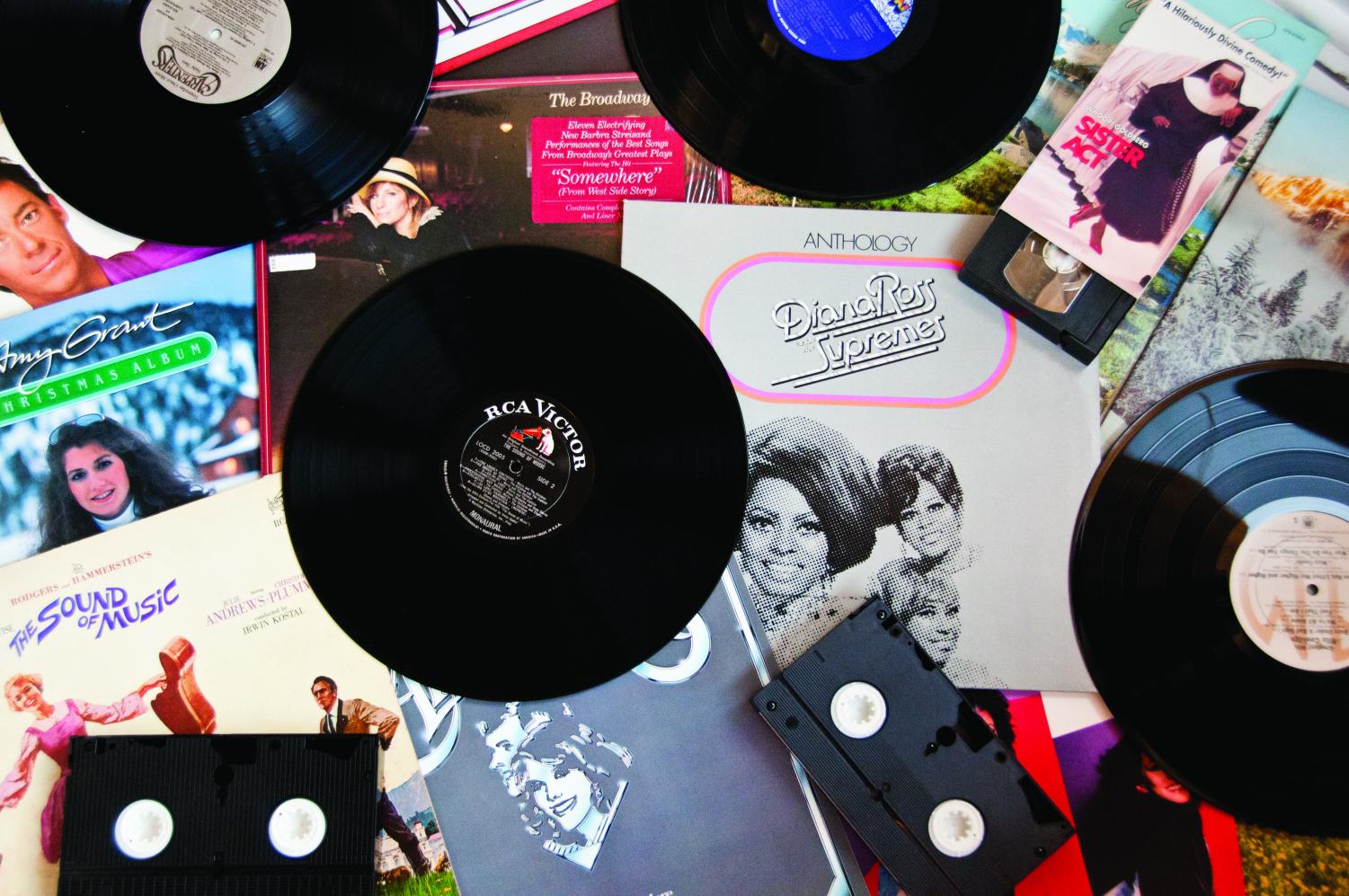Written by Jehn Kubiak
You have stared blankly at a textbook for the last hour and feel even more stressed than when you started, thinking “I can’t remember anything.” Tears pour down your tired face, and it seems like the whole world could crash and burn at any given moment. This scenario is a prime example of an overly anxious student. Although some anxiety or stress is normal, too much can lead to significant health risks and poor academic performance according to Learn Psychology. Wishing anxiety or stress away isn’t enough sometimes, so psychologists and organizations have developed tools that can help reduce stress. Beat finals week insanity with these four tools.
- Stress Diaries
Writing down anxious moments can help people pinpoint causes of stress and how they react during these situations according to MindTools. You can learn how much stress you can handle after looking at these entries by seeing what time of day anxiety flares up and by writing ways to break free from it when it does. Students should pick a journal they like, keep it in their bag during the day and write down their feelings whenever they notice stress preventing them from completing homework or other important tasks. Mind Tools also has a useful chart in which people can rate their mood on a level from one to 10 and identify the physical symptoms they feel during this time.
- Calm App
If you love nature but can’t sacrifice time for an hour drive up a mountain or down Interstate 5 to hear the ocean tides, Calm is the app for you. First, choose a picture, which plays an accompanying sound: rain falling on evergreen leaves, the Earth, a fire or a lake. According to Psych Central, music can slow pulse and heart rates, lower blood pressure and decrease stress hormones. With this app, you can listen to various sounds, such as a waterfall, instrumental music or soothing bedtime stories to help you sleep the night away. The app also includes mindfulness sessions for winding down after a full day of big projects.
- Cognitive Behavioral Theory worksheets
Calm Clinic states that thoughts often fuel anxiety, which can lead to unsettled emotions. The CBT thought record from Psychology Tools is a great way for people to jot down what’s going on when anxiety emerges and to identify emotions. You write down negative thoughts and brainstorm positive thoughts and then form a balanced thought.
- Flight-or-Fight Freeze Interactive Graphic
While Anxiety BC reports that the body automatically protects itself from danger, anxiety can also trigger this response. On this graphic you can see if your body is experiencing unhealthy stress levels and can see if stress causes pain in a specific part of your body. Get headaches all the time? Have tense shoulders? If you notice these pain types, try and figure out if anxiety causes them or makes them worse by looking for a pattern. Anxiety could cause headaches that flare up during study sessions or make a person tense up if they’re overly worried about an assignment. Take note of these things, as staying in a state of adrenaline can weaken a person’s immune system and increase panic attacks according to HealthLine.





